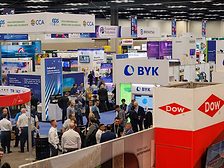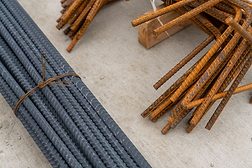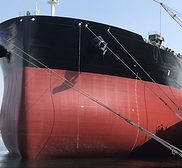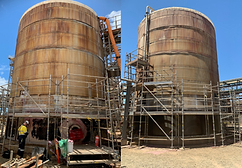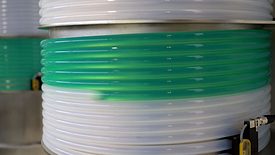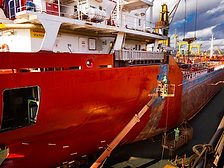Industrial Coatings
The Marine Coatings Market
The Growth Trajectory of the Marine Coatings Market Amidst Surging Demand for Protective Solutions
May 10, 2024
Keep the info flowing with our eNewsletters!
Get the latest industry updates tailored your way.
JOIN TODAY!Copyright ©2025. All Rights Reserved BNP Media.
Design, CMS, Hosting & Web Development :: ePublishing

